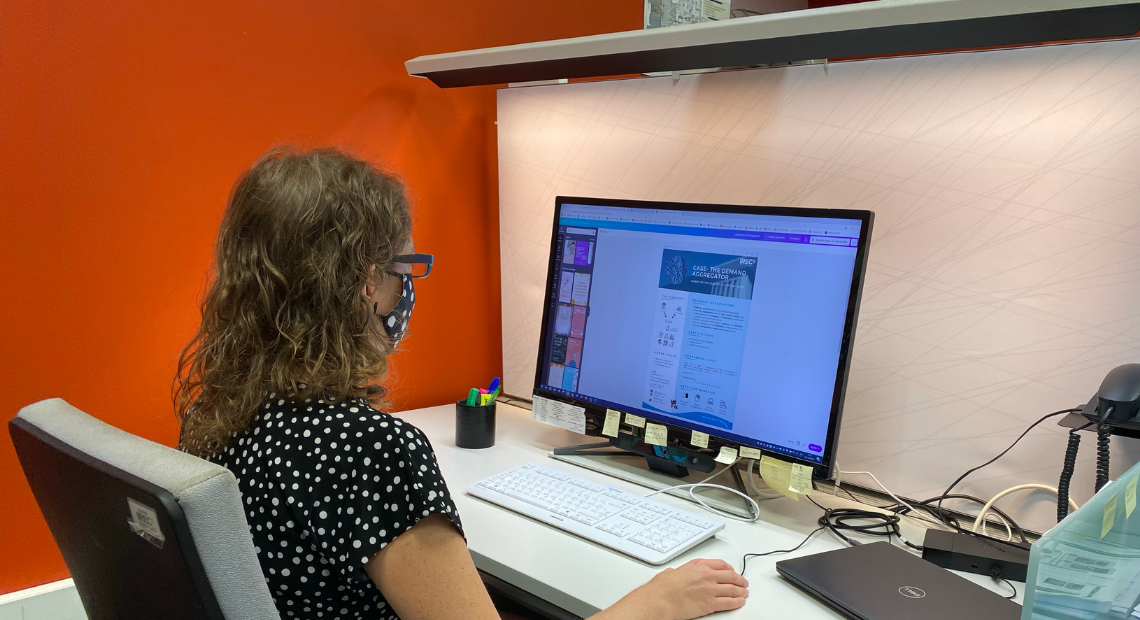The Repro-Light project finished at the end of September 2020, and this article summarizes its main goals and outcomes. The main objective of the project was to develop a sustainable, customised and intelligent LED luminaire to meet requirements allowing the re-configuration by the customers and enhancing health and well-being of workers and the elderly. Despite the burst of the COVID-19 pandemics early 2020, the project met the proposed initial goals.
The project entailed activities involving innovative technologies and sustainable materials to design a modular luminaire architecture using an intelligent production scheme as part of the circular economy and a custom reconfigurable LED luminaire. These technologies promote the conversion to “the luminaire of the future” to support the European lighting industry in moving towards a more sustainable and competitive future.
Three use-case demonstrations for laboratories, offices and industrial building room environments were installed in Austria, Spain, and Germany, respectively. The IREC office building was used to test the personal table luminaire prototype, designed and constructed during the project. The core aspects of this luminaire are to improve light conditions for vision and health while customizing the settings for each user.
IREC contributed with the environmental sustainability evaluation of the luminaires from the Life Cycle Assessment (LCA) perspective to support the circular economy principles and eco-design strategies. The luminaire design shows that material savings reduces unsustainable extraction of non-renewable minerals around 60% in the electronic component production (for instance, gold used in LEDs) without compromising its performance. The reduction of electricity consumption in the use phase decreased the environmental impact around 30% in carbon foot print and primary energy demand, by daylight control systems and presence sensing. Additional efforts are necessary in the end of life of the design to improve material recovery as a secondary source. This is necessary to minimise extraction of virgin materials used in electronics to contribute to the circular economy.
In conclusion, intelligent lighting ensures efficient and environmentally friendly lighting. The pilot tests held at IREC, Austria and Germany, showed there was a good user acceptance regarding the control of the personal table system. They valued good light quality and the possibility of individual adjustments of the light. This led to an increased perception of well-being for most users, suggesting that both the comfort and sustainability are essential components for the next generation of luminaires.
The consortium of Reprolight is formed by Bartenbach (the coordinator), BJB GmbH, IREC, Grado Zero Espace, Luger Research, Mondragon, ROHNER Engineering and TRILUX.
This project has received funding from the European Union’s Horizon 2020 research and innovation programme under grant agreement No 768780.




